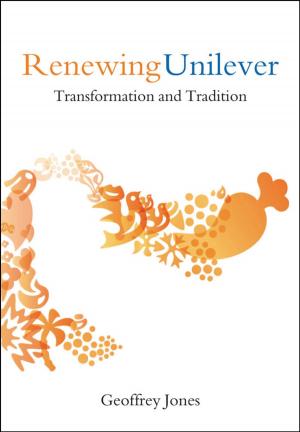Time Biases
A Theory of Rational Planning and Personal Persistence
Nonfiction, Religion & Spirituality, Philosophy, Ethics & Moral Philosophy, Health & Well Being, Psychology| Author: | Meghan Sullivan | ISBN: | 9780192542120 |
| Publisher: | OUP Oxford | Publication: | June 21, 2018 |
| Imprint: | OUP Oxford | Language: | English |
| Author: | Meghan Sullivan |
| ISBN: | 9780192542120 |
| Publisher: | OUP Oxford |
| Publication: | June 21, 2018 |
| Imprint: | OUP Oxford |
| Language: | English |
Should you care less about your distant future? What about events in your life that have already happened? How should the passage of time affect your planning and assessment of your life? Most of us think it is irrational to ignore the future but completely harmless to dismiss the past. But this book argues that rationality requires temporal neutrality: if you are rational you don't engage in any kind of temporal discounting. The book draws on puzzles about real-life planning to build the case for temporal neutrality. How much should you save for retirement? Does it make sense to cryogenically freeze your brain after death? How much should you ask to be compensated for a past injury? Will climate change make your life meaningless? Meghan Sullivan considers what it is for you to be a person extended over time, how time affects our ability to care about ourselves, and all of the ways that our emotions might bias our rational planning. Drawing substantially from work in social psychology, economics and the history of philosophy, the book offers a systematic new theory of rational planning.
Should you care less about your distant future? What about events in your life that have already happened? How should the passage of time affect your planning and assessment of your life? Most of us think it is irrational to ignore the future but completely harmless to dismiss the past. But this book argues that rationality requires temporal neutrality: if you are rational you don't engage in any kind of temporal discounting. The book draws on puzzles about real-life planning to build the case for temporal neutrality. How much should you save for retirement? Does it make sense to cryogenically freeze your brain after death? How much should you ask to be compensated for a past injury? Will climate change make your life meaningless? Meghan Sullivan considers what it is for you to be a person extended over time, how time affects our ability to care about ourselves, and all of the ways that our emotions might bias our rational planning. Drawing substantially from work in social psychology, economics and the history of philosophy, the book offers a systematic new theory of rational planning.















